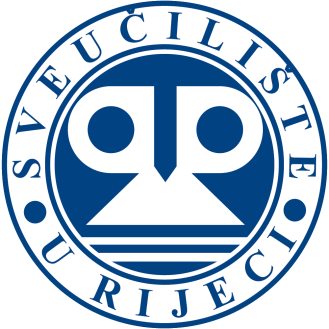Regulation of the expression of the atypical chemokine receptor ACKR2 in tumor progression
Principal Investigator: Dr Raffaella Bonecchi
Department: Immunology
Institution: Humanitas Clinical and Research Center, Humanitas University, Italy
Tag: 13.06.1.3.43
Key words: inflammation and tumor, chemokines, chemokine receptors
The chemokine system is now recognized as a key element in cancer-related inflammation because it can affect tumor progression acting on tumor-stroma and also directly on tumor cells. A non-redundant role in tuning chemokine’s biological properties is mediated by the atypical chemokine receptor ACKR2 that is selectively expressed by lymphatic vessels and trophoblasts in placenta and plays a non-redundant role in tuning chemokine’s biological properties by scavenging most inflammatory CC chemokines through a b-arrestin biased signaling. Preliminary data indicate that the b-arrestin signaling induced by ACKR2 triggering have a broader anti-inflammatory effect through transcriptional inhibition of inflammatory cytokines.We have found that ACKR2 is expressed by tumor cells ontogenetically related to lymphatic endothelium and trophoblastic cells. Preliminary data indicate that ACKR2 expression is downregulated during tumor progression and its expression levels are inversely correlated with infiltration of proangiogenic macrophages.
Hypothesis
We hypothesize that ACKR2 expressed by tumor cells inhibits tumor progression because it blocks recruitment of protumoral leukocytes through its chemokine scavenging activity and because its anti-inflammatory activity slows the epithelial-mesenchymal transition required for tumor aggressiveness. We hypothesize that ACKR2 is downregulated during tumor progression in order to allow chemokine-mediated recruitment of protumoral leukocyte infiltrate that sustain tumor growth and to unleash inflammation dependent effects such as senescence and ephithelial-mesenchimal transition that increase malignancy.
Aims
We propose to examine the role of ACKR2 in the pathogenesis of Kaposi sarcoma and trophoblastic tumors studying:
1. Whether in a series of human tissue samples of Kaposi’s sarcoma and trophoblastic tumors ACKR2 expression is modulated during tumor progression and whether its expression is significantly correlated with aggressiveness and macrophage infiltration;
2. Which are the transcription factors and mechanisms regulating ACKR2 expression during tumor progression;
3. Which is the role of ACKR2 in the pathogenesis of these tumors using cell lines derived by Kaposi’s sarcoma and choriocarcinoma expressing different levels of ACKR2 and studying their role in vivo.
Experimental design
To test this hypothesis tissues samples obtained from patients affected by Kaposi’s sarcoma and trophoblastic tumors will be investigated for ACKR2 expression; tumor cell lines expressing different levels of ACKR2 will be used in vitro to understand mechanisms of regulation and in vivo in order to study tumor development, chemokines expression, myeloid cell infiltration.
Expected results
We expected to understand whether the downregulation of ACKR2 expression is correlated with tumor progression and aggressiveness, which is the mechanism and the role of ACKR2 modulation in cancer pathogenesis. These data could validate ACKR as a new diagnostic biomarker of tumor progression as well as to develop new and more effective therapeutic strategies.



